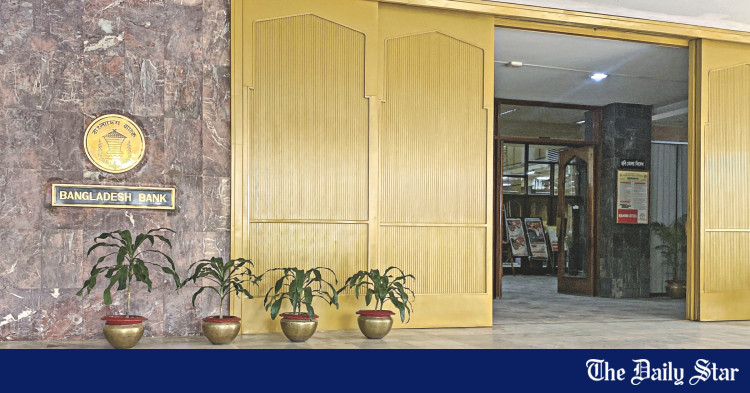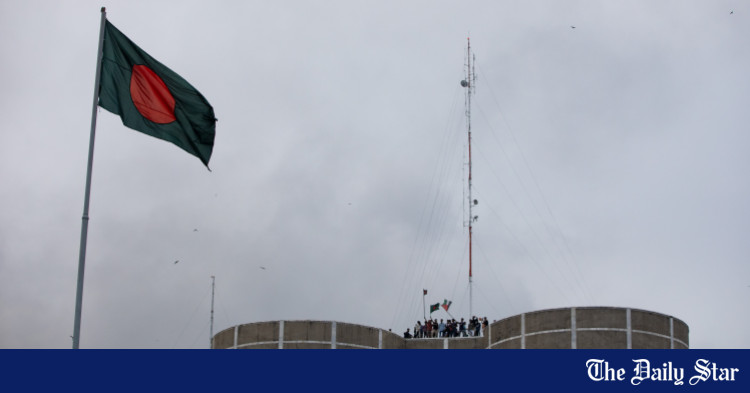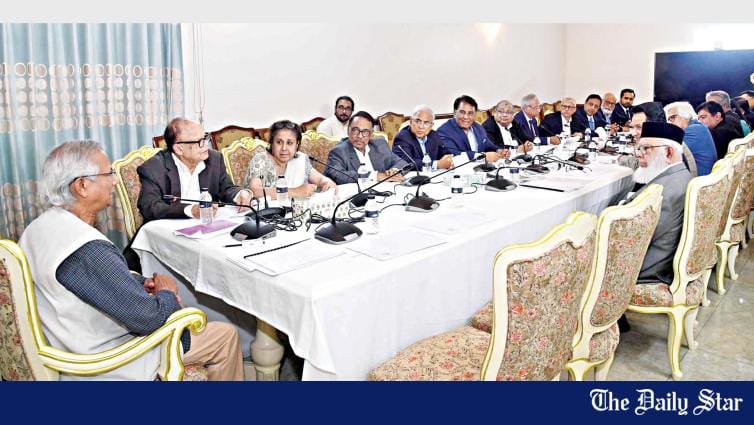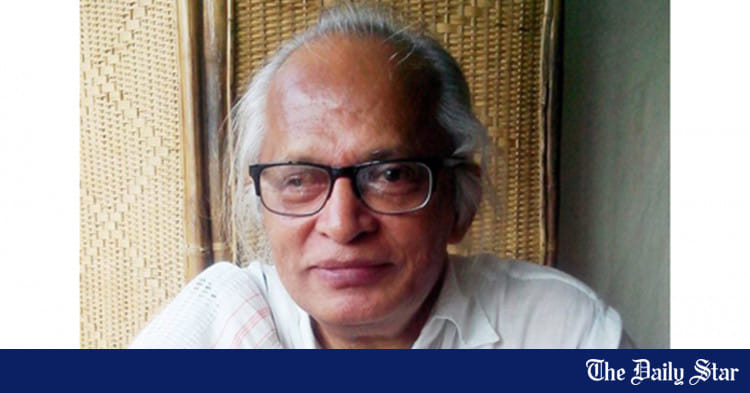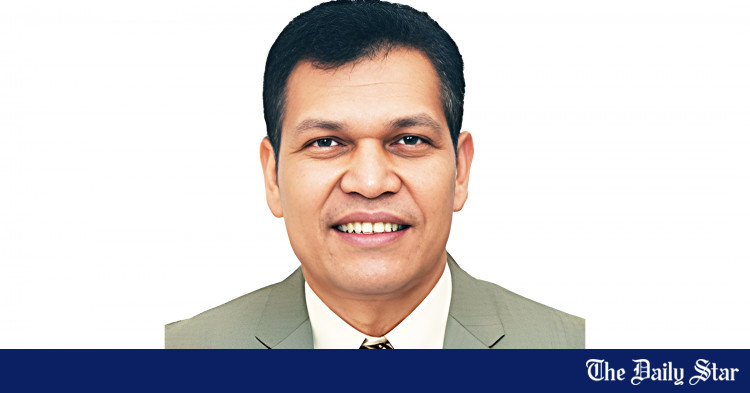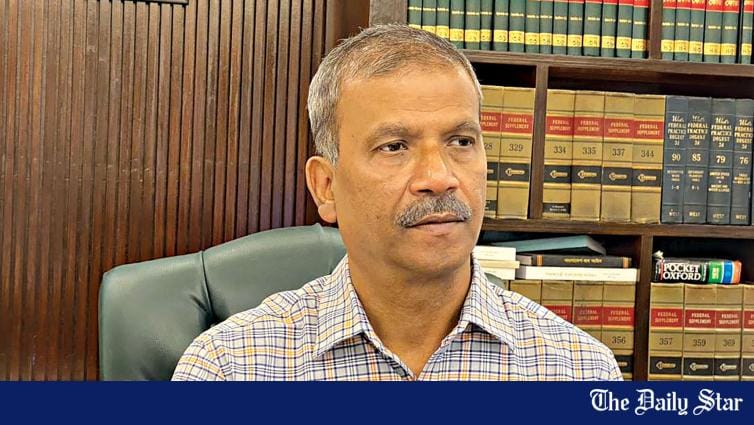Saif
Senior Member
- Messages
- 17,422
- Likes
- 8,377
- Nation

- Residence

- Axis Group

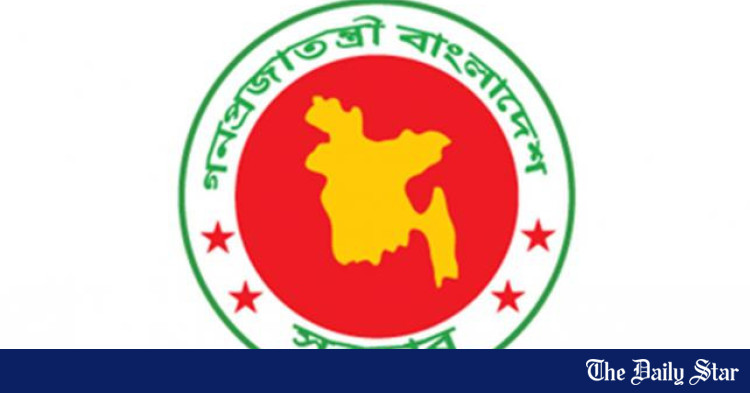
Local govt bodies: Govt now can remove elected representatives
The interim government can now appoint administrators to the local administrations like city corporations, zilla and upazila parishads in special circumstances
Local govt bodies: Govt now can remove elected representatives

The interim government can now appoint administrators to the local administrations like city corporations, zilla and upazila parishads in special circumstances.
President Mohammed Shahabuddin yesterday approved the advisory council's recommendation to amend four related laws.
According to a gazette notification, two provisions have been added to the Local Government (city corporation) Ordinance-2024, enabling the government to remove mayors and councillors of city corporations.
The other clause allows the government to appoint "competent persons or officials" as the administrators to the city corporations until further notice.
Similar amendments have been made to three other ordinances allowing the government to remove elected representatives of municipalities, zilla and upazila parishads and appoint administrators.
The interim government can now appoint administrators to the local administrations like city corporations, zilla and upazila parishads in special circumstances.
President Mohammed Shahabuddin yesterday approved the advisory council's recommendation to amend four related laws.
According to a gazette notification, two provisions have been added to the Local Government (city corporation) Ordinance-2024, enabling the government to remove mayors and councillors of city corporations.
The other clause allows the government to appoint "competent persons or officials" as the administrators to the city corporations until further notice.
Similar amendments have been made to three other ordinances allowing the government to remove elected representatives of municipalities, zilla and upazila parishads and appoint administrators.


